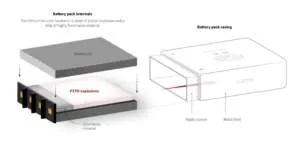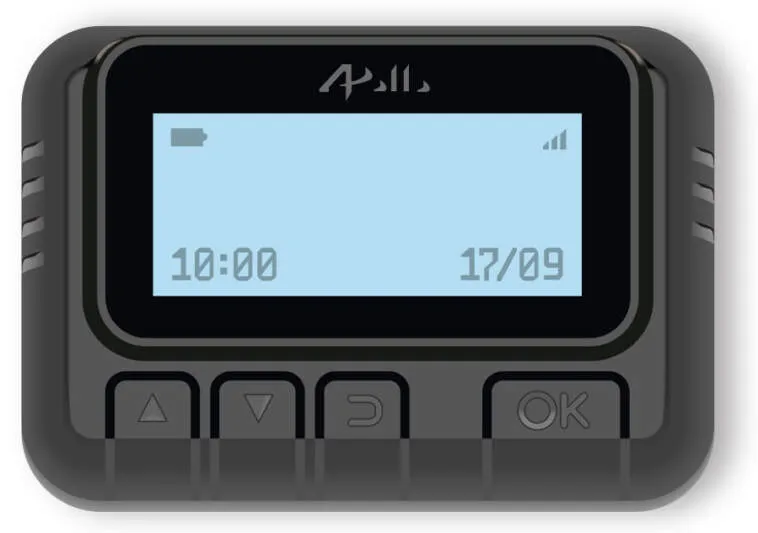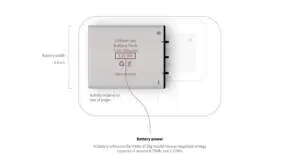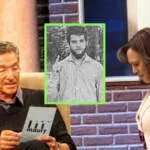(Reuters) An invisible detonator and wafer-thin plastic explosives turned batteries into bombs.
The batteries inside the weaponised pagers that arrived in Lebanon at the start of the year, part of an Israeli plot to decimate Hezbollah, had powerfully deceptive features and an Achilles’ heel.
The agents who built the pagers designed a battery that concealed a small but potent charge of plastic explosive and a novel detonator that was invisible to X-ray, according to a Lebanese source with first-hand knowledge of the pagers, and teardown photos of the battery pack seen by Reuters.
To overcome the weakness – the absence of a plausible backstory for the bulky new product – they created fake online stores, pages and posts that could deceive Hezbollah due diligence, a Reuters review of web archives shows.
The stealthy design of the pager bomb and the battery’s carefully constructed cover story, both described here for the first time, shed light on the execution of a years-long operation which has struck unprecedented blows against Israel’s Iran-backed Lebanese foe and pushed the Middle East closer to a regional war.

A thin, square sheet with six grams of white pentaerythritol tetranitrate (PETN) plastic explosive was squeezed between two rectangular battery cells, according to the Lebanese source and photos.
The remaining space between the battery cells could not be seen in the photos but was occupied by a strip of highly flammable material that acted as the detonator, the source said.
This three-layer sandwich was inserted in a black plastic sleeve, and encapsulated in a metal casing roughly the size of a match box, the photos showed.
The assembly was unusual because it did not rely on a standard miniaturised detonator, typically a metallic cylinder, the source and two bomb experts said. All three spoke on conditions of anonymity.
Without any metal components, the material used to trigger detonation had an edge: like the plastic explosives, it was not detected by X-ray.
Upon receiving the pagers in February, Hezbollah looked for the presence of explosives, two people familiar with the matter said, putting them through airport security scanners to see if they triggered alarms. Nothing suspicious was reported.
The devices were likely set up to generate a spark within the battery pack, enough to light the detonating material, and trigger the sheet of PETN to explode, said the two bomb experts, to whom Reuters showed the pager-bomb design.
Since explosives and wrapping took about a third of the volume, the battery pack carried a fraction of the power consistent with its 35 gram weight, two battery experts said.
“There is a significant amount of unaccounted for mass,” said Paul Christensen, an expert in lithium batteries at Britain’s Newcastle University.
At some point, Hezbollah noticed the battery was draining faster than expected, the Lebanese source said. However, the issue did not appear to raise major security concerns – the group was still handing its members the pagers hours before the attack.
On Sept. 17, thousands of pagers simultaneously exploded in the southern suburbs of Beirut and other Hezbollah strongholds, in most cases after the devices beeped, indicating an incoming message.
Among the victims rushed to hospital, many had eye injuries, missing fingers or gaping holes in their abdomens, Reuters witnesses saw, indicating their proximity to the devices at the time of detonation. In total, the pager attack, and a second on the following day that activated weaponised walkie-talkies, killed 39 people and wounded more than 3,400.
Two Western security sources said Israeli intelligence agency Mossad spearheaded the pager and walkie-talkie attacks.
Reuters could not establish where the devices were manufactured. The office of Israel’s Prime Minister Benjamin Netanyahu, which has authority over Mossad, did not respond to a request for comment.
Lebanon’s Information Ministry and a spokesperson for Hezbollah declined to comment for this article.
Israel has neither denied nor confirmed a role. The day after the attacks Israeli Defence Minister Yoav Gallant praised Mossad’s “very impressive” results in comments that were widely interpreted in Israel as a tacit acknowledgement of the agency’s participation.
U.S. officials have said they were not informed of the operation in advance.


The weak link
From the outside, the pager’s power source looked like a standard lithium-ion battery pack used in thousands of consumer electronics goods.








